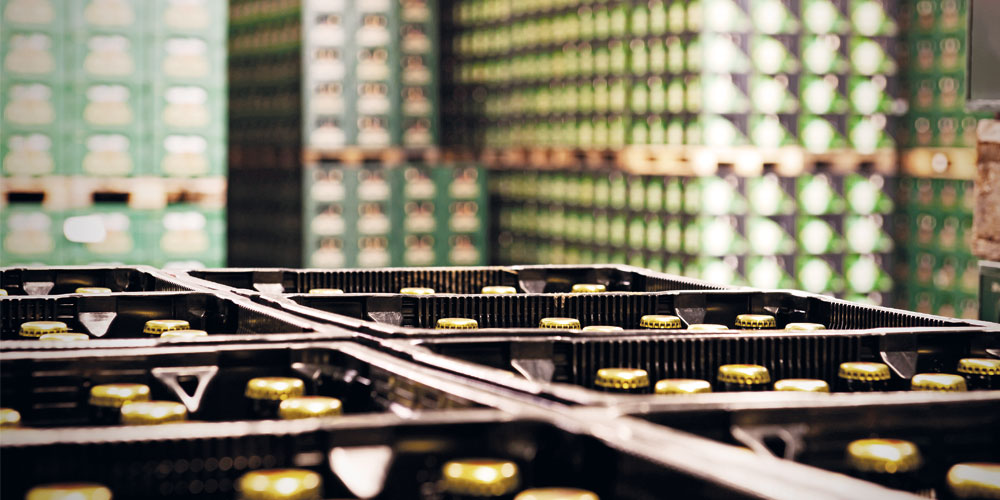1. What is the AWRS?
The Alcohol Wholesale Registration Scheme came into force in 2016. As a result, any wholesaler that sells alcohol needs to register with the Government by April 1, 2017.
James Lowman, ACS chief executive said: “The AWRS is designed to tackle the illicit alcohol market, which has a direct negative impact on responsible retailers and wholesalers.”
The law doesn’t just affect wholesalers – you have a key role to play as you have to make sure you are only sourcing from registered wholesalers. James Hall, Bestway group director of symbol, says: “Retailers need to make sure they’re buying from a wholesaler that has a certificate. All our depots are now signed up to it.”
The measures that come with the new law means that you should carry out checks as often as you can. John Kinney, retail director at Today’s, says: “It’s not just a one-off check. Don’t just check today, check the wholesalers you’re dealing with regularly.”
2. How can I check if my suppliers are legal?
There are two main ways you can find out if your alcohol supplier is compliant. The easiest way is to check the HMRC website as this will be constantly updated.
Kinney says: “Retailers should print the screen and keep that on file to show they’ve done that check. Just saying you’ve done it means nothing.”
Bestway is making sure it includes its authentication details on its invoices, so that each order comes with proof of compliance. Hall says: “I think it will be a lot easier for customers to check. It’s always best to come to a reputable wholesaler – you know you’re doing the right thing.”
3. Do I need to sign up?
Most retailers do not need to sign up to the scheme. However, if you regularly sell alcohol to other businesses, then you do need to register.
There’s no specified amount or threshold that you have to sell – the key word is ‘regular’. Look at your operations honestly, even if you’re selling one bottle of week regularly to another business, you should still investigate whether you should sign up by getting advice from HMRC.
Kinney says: “Don’t get caught out by regularly selling and becoming a secondary wholesaler. There’s no defined threshold. If you’re regularly doing something, you’re regularly doing it.”
4. What does it mean for me?
Failing to comply with the AWRS can result in a fine of up to £10,000, imprisonment of up to seven years, seizure of goods and a restriction of any future AWRS approval.
For most retailers, the key thing is to always check your source.
By regularly checking you can make sure you are always doing business with legal suppliers. James Bielby, Federation of Wholesale Distributors chief executive, says: “AWRS is an easy way ensure you are trading within the law and to avoid the risk of having stock seized and potentially losing your licence.”
Even though the law is primarily for wholesalers, it does not mean that you cannot fall foul of it Kinney says: “Don’t fall foul of the legislation. You have a key role to play.”
5. Will it work?
Only time will tell if the AWRS will be successful in ousting rogue traders from the market.
Wholesalers are already reporting an increase in trade, which is cause for cautious optimism. Hall says: “We’ve already seen some effect, we can see our wine sales growing. I think that’s growth away from the dark market.”
Kinney agrees that the new legislation will be effective. “It will remove rogue wholesalers from the market. We all want legitimate sales,” he says.
The necessary checks retailers and wholesalers must now make means that more eyes than ever are scrutinising illicit traders.
“With extra enforcement from HMRC and the requirement of retailers to check their sources, we expect to see revenues return not only to the Treasury, but to our members as well,” says Bielby.





Comments
This article doesn't have any comments yet, be the first!